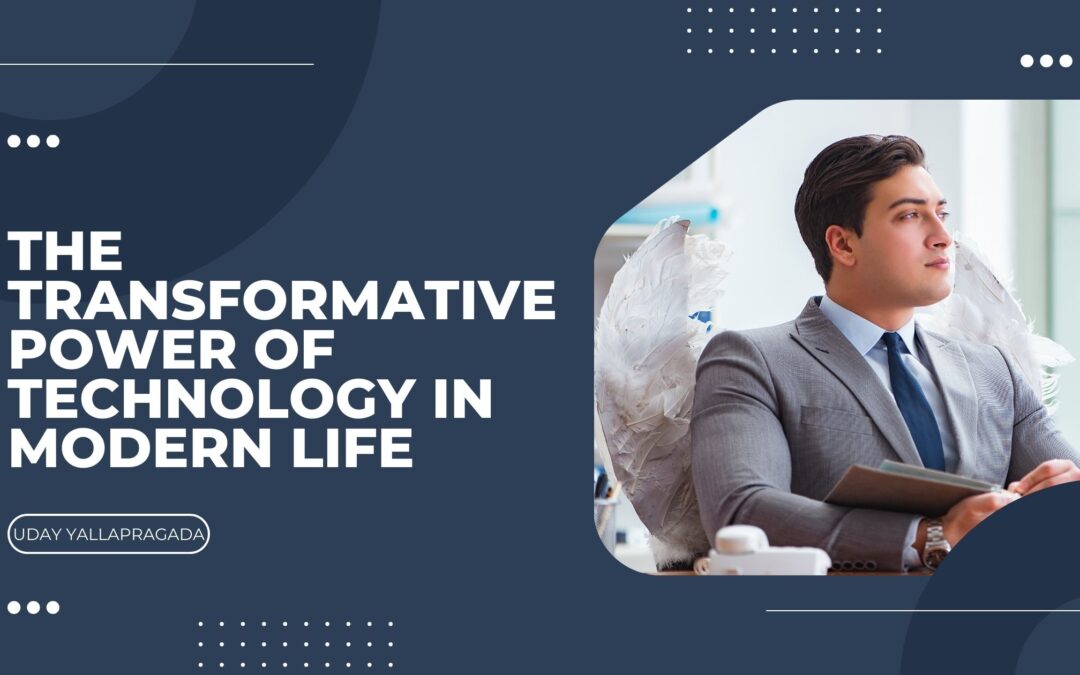Technology has become a driving force shaping every aspect of modern life. From the way we communicate to how businesses operate, advancements in technology have streamlined processes, enhanced efficiency, and opened up opportunities that were unimaginable just a few decades ago. As society evolves, the role of technology continues to grow, influencing our personal, professional, and global environments.
Revolutionizing Communication
One of the most profound impacts of technology lies in communication. Gone are the days when people relied solely on letters or landlines to stay connected. Smartphones, messaging apps, and social media platforms have created a borderless world, enabling instant interaction across time zones. Video conferencing tools like Zoom and Microsoft Teams have made remote work and global collaboration seamless, ushering in a new era of hybrid workplaces. This shift has not only transformed how individuals connect but also how businesses function, fostering flexibility and reducing geographical limitations.
Automation and Business Transformation
Automation is reshaping industries, improving efficiency by minimizing repetitive tasks and human error. Technologies like artificial intelligence (AI), machine learning (ML), and robotic process automation (RPA) enable businesses to process large data sets quickly, make informed decisions, and enhance customer experiences through personalized solutions. For example, AI-powered chatbots can provide real-time assistance to customers, while ML algorithms help predict market trends, giving companies a competitive edge.
Cloud computing has also become essential, allowing organizations to store and access data remotely, reducing operational costs and ensuring business continuity. These advancements empower businesses to focus on innovation, rather than being bogged down by routine operations.
Impact on Healthcare
The healthcare sector has witnessed tremendous benefits from technology. Telemedicine platforms allow patients to consult doctors from the comfort of their homes, eliminating travel time and expanding access to healthcare. Wearable devices, such as fitness trackers and smartwatches, monitor health metrics in real time, promoting preventive care. Additionally, AI has shown promise in diagnosing diseases, identifying patterns in medical data, and recommending treatments with greater precision.
The rise of 3D printing has also made it possible to manufacture customized prosthetics and implants at a lower cost. Meanwhile, breakthroughs in biotechnology, such as gene editing and personalized medicine, hold the potential to revolutionize how diseases are treated in the future.
Challenges and Ethical Considerations
While technology offers numerous advantages, it also presents challenges. Cybersecurity risks are rising, as more sensitive data moves online, making individuals and businesses vulnerable to hacking and data breaches. Additionally, automation threatens job displacement, as machines take over tasks traditionally performed by humans.
The rapid evolution of AI has also sparked ethical debates, especially regarding the use of facial recognition, data privacy, and biases in algorithm-based decisions. It is essential to strike a balance between technological progress and ethical responsibility, ensuring that technology serves humanity without compromising values or security.
The Road Ahead
As technology continues to evolve, it will play an even more critical role in addressing global challenges, from climate change to healthcare disparities. Innovations like renewable energy technologies, smart cities, and advancements in quantum computing promise to create a more sustainable and interconnected world.
In conclusion, technology is a double-edged sword—its benefits are profound, but it requires responsible management. By embracing innovation while addressing its risks, we can harness the full potential of technology to improve lives, empower businesses, and build a better future. The journey has just begun, and the possibilities are limitles

